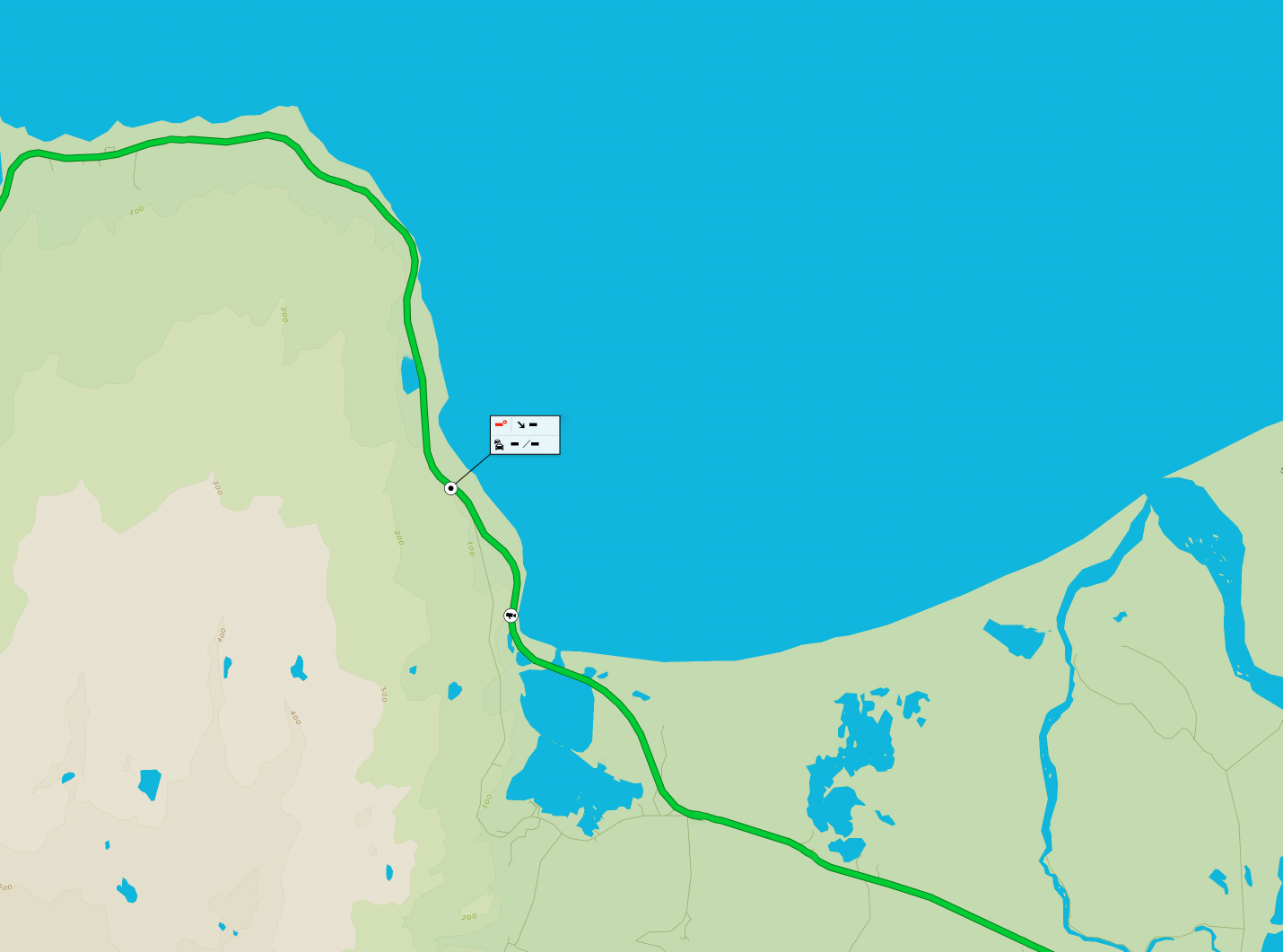Environmental protection
In the IRCA’s environmental policy, focus is put on the institution’s goal to reduce its operations’ environmental footprint, with focus placed on the application of a circular economy.
Environmental protection
Environmental policy
In the IRCA’s environmental policy, focus is put on the institution’s goal to reduce its operations’ environmental footprint, with focus placed on the application of a circular economy.
In the course of operation, the IRCA seeks to limit ecosystem disturbance, i.e. when projects are in development special consideration should be given to protect untouched wilderness, ecosystems, landscape units, as well as natural and cultural heritage sites.
The finished project is to blend in sufficiently with the landscape, and the methods used during the operation should be excellent and fulfil all relevant standards.
Biological diversity
During project construction and servicing, the IRCA is tasked with limiting the dispersal of aggressive flora, and developing mitigative measures when a project is situated in a delicate ecosystem.
The mapping and monitoring of aggressive flora is important, as is the development of mitigative measures during project construction. The mapping and observation of ecosystems specifically designated as delicate is also considered especially important.
The IRCA has assisted in wetland reclamation in various places around the country, in order to make up for the loss and disturbance of wetlands due to road construction. One example of an IRCA project engaged in large-scale research on observation and reclamation is the revamped Vestfjarðarvegur (information only available in Icelandic).
Conservation of cultural heritage and landscape
During a project’s construction, special care should be taken towards limiting all disturbance of landscape units, as well as natural and cultural heritage sites. When designing and constructing a project, the chief goal should be that the finished project blends in sufficiently with the landscape, and the methods of the operation should fulfil all relevant standards. Furthermore, the IRCA seeks to develop an enjoyable experience for travellers and seafarers through excellent design with a focus on aesthetics in construction, and through the conservation of a given place’s cultural and natural environments.
Included in the IRCA’s environmental policy is that, during early development, design, construction and operation of transport infrastructure, the IRCA seeks to conserve untouched environments, ecosystems, landscape units, as well as natural and cultural heritage sites.
In the course of operation, the IRCA seeks to limit ecosystem disturbance. Furthermore, the finished project is to blend in sufficiently with the landscape, and the methods of the operation should fulfil all relevant standards.
One example of a project where the IRCA worked closely with beneficiaries towards the conservation of a project location’s cultural heritage, landscape and native flora is the construction area by Þingvallarvegur.








